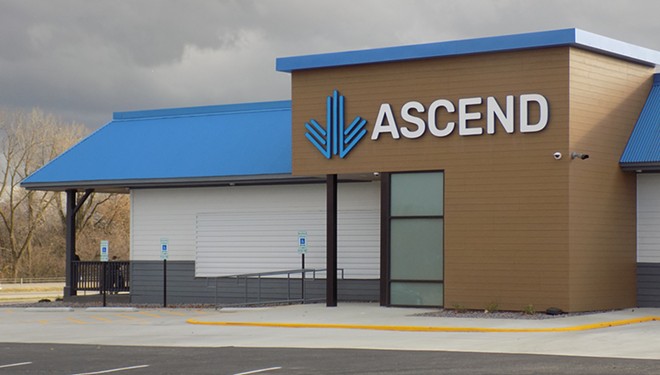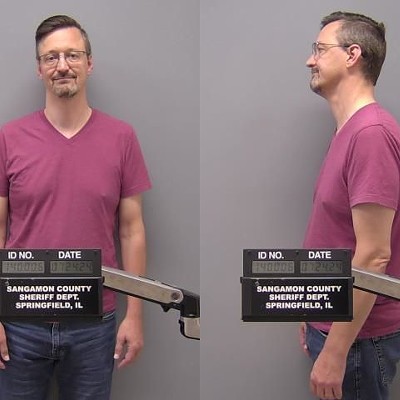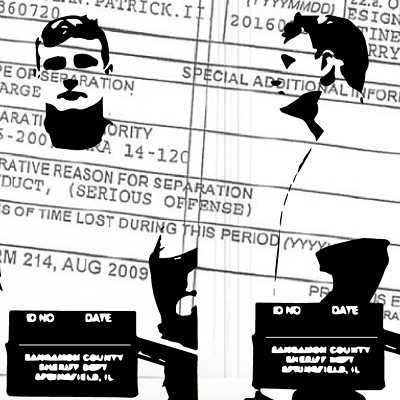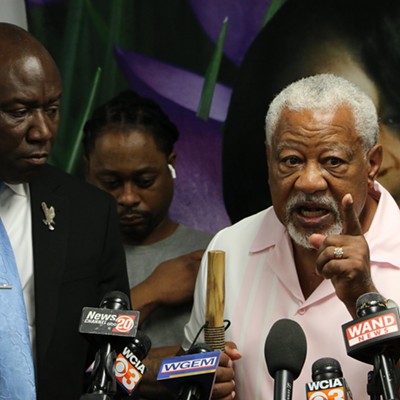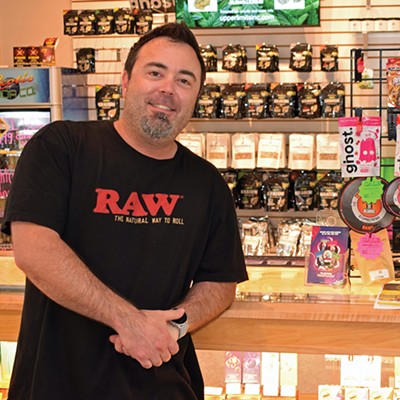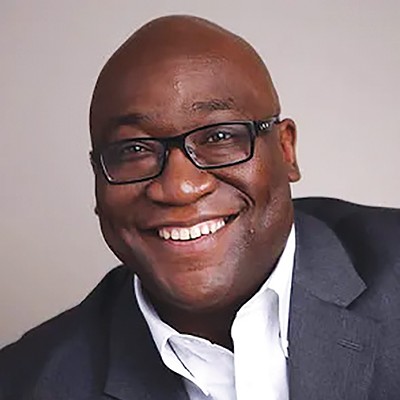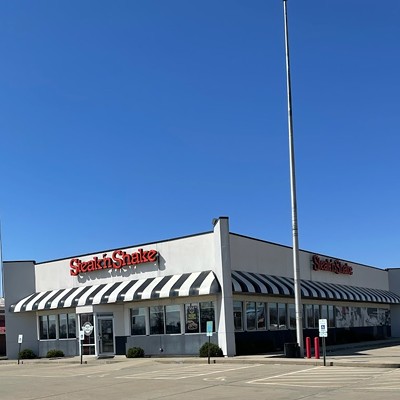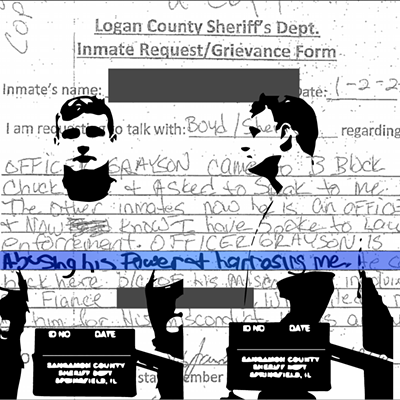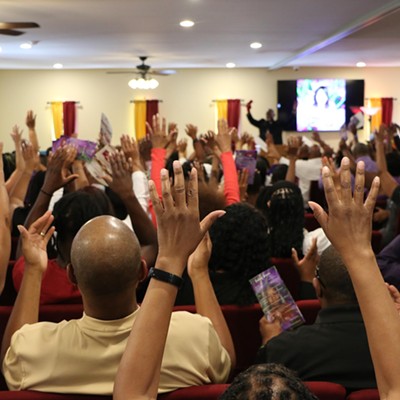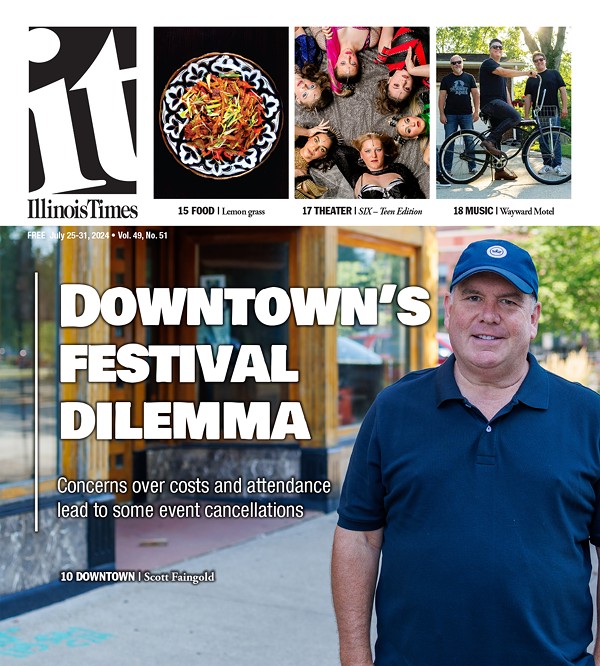Even as Springfield's third recreational marijuana dispensary opened this month, the state's recreational cannabis program isn't panning out as planned.
Revenue is booming from dispensaries since recreational marijuana became legal on Jan. 1. Through August, the state has collected $106 million in taxes, the state Department of Revenue announced last month.
Otherwise, there are problems with the program that state officials boasted would be a national model when the legislature last year legalized recreational marijuana. No new licenses have been granted for growing pot since recreational sales began with product supplied by growers first licensed under the state's medical marijuana program. No dispensaries outside those affiliated with retailers licensed to sell medical pot have been permitted to sell recreational marijuana.
Under the legalization statute, the state was supposed to have issued new licenses for retailers no later than May 1. The deadline for granting new growing licenses was July 1. Both would-be sellers and growers have sued, with the latest lawsuit filed last month in Cook County Circuit Court by the Illinois Craft Cannabis Association, a group of would-be growers.
In their lawsuit against the state, prospective growers say that they are suffering more than prospective retailers because applicants for cultivation licenses must show that they have property available to grow marijuana, and reserving real estate costs money. Applicants for retail dispensaries do not have to secure sites to get licenses.
Under the state's cannabis social equity program, applicants for 40 growing licenses get bonus points if they employ people with criminal pasts or who come from areas deemed to have been disproportionately impacted by the war on drugs. In their lawsuit against the state, prospective growers say that some applicants have had to keep employees on payrolls while waiting for licensing decisions. Between 455 applicants for growing licenses and 115 applicants for licenses to create marijuana concentrates, the plaintiffs estimate costs at $5 million per month while the state Department of Agriculture considers applications.
Plaintiffs say consumers are paying inflated prices for pot due to shortages that new licenses would help ease. Two days before growing licenses were due, Gov. JB Pritzker in June postponed the award of licenses in an emergency declaration issued in conjunction with the coronavirus pandemic, and the declaration has been renewed. In their lawsuit, plaintiffs say that granting licenses to grow pot would not hinder the state's ability to respond to the coronavirus pandemic. Applicants are paying as much as $10,000 a month to secure real estate, the plaintiffs say.
In one case, an unnamed applicant is keeping employees on the payroll to maintain its status as a social equity applicant, the lawyers write. "Those employees remain idle, despite being paid biweekly," lawyers write in the lawsuit. "The cost of this payroll to applicant is approximately $9,500 for each biweekly payroll period."
Krista Lisser, spokeswoman for the state Department of Agriculture, said the state has not set a date to award growing licenses and is now giving prospective growers a chance to supplement applications if information is missing.
The lawsuit comes after applicants for retail licenses sued in September, when the state announced that 21 applicants would be eligible for 75 dispensary licenses. All the finalists were deemed social equity applicants, and some have past ties to state government, including a finalist who once headed the Department of Financial and Professional Regulation, which issues licenses and regulates dispensaries. After the state agreed to reconsider dispensary applications filed by entities that didn't make the cut, finalists sued, demanding that the state proceed with awarding licenses.
David Ruskin, attorney for prospective growers, said the state, in delaying licenses for new growers and allowing applications to be amended, is trying to avoid the same problems that arose with dispensary license applications. "They're afraid of the same results and trying to get out ahead of it," Ruskin said. "It's just a big mess."
A quarter of state tax revenue from cannabis sales is supposed to be reserved for programs aimed at helping people in areas disproportionately impacted by crime, violence and the war on drugs. The state last spring announced that $31.5 million would be available in grants to public and private entities. It isn't clear when grants will be awarded.
"The community response to this grant opportunity was overwhelming and hundreds of applications for funding were submitted," the Illinois Criminal Justice Information Authority, which helps administer the grant program, wrote in a Sept. 25 statement posted on the agency's website. "Due to the unprecedented number of applications received, the review process is taking longer than expected." The agency says grants will be awarded by Jan. 1.

